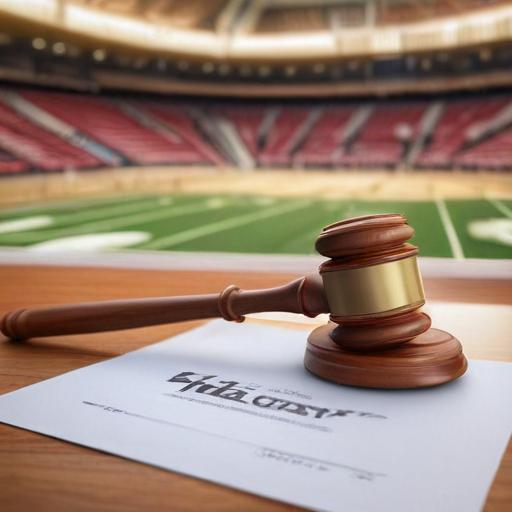Former Swarthmore track and field athlete files federal lawsuit alleging Title IX discrimination over transgender status
A former Swarthmore College athlete filed a federal lawsuit on Thursday, accusing Swarthmore College, several athletic department officials, and the NCAA of discriminating against her because she is a transgender woman. Evelyn Parts, who competed with Swarthmore’s women’s cross country and track teams, alleges violations of Title IX, emotional distress, and civil conspiracy.
The complaint comes as the NCAA recently changed its policies on transgender athletes, banning transgender women from competing in women’s events on February 6. The move followed a broader national debate and a presidential executive order directing federal agencies to scrutinize schools that permit transgender girls and women to participate in girls’ and women’s sports. Previously, the NCAA had allowed transgender women to compete in women’s sports if they met sport-specific criteria. Parts’ attorneys say the NCAA’s policy represents bigotry, while Swarthmore has emphasized its support for transgender students amid evolving guidance.
Parts’ attorney, Susan Cirilli, said, “The NCAA is a private organization that issued a bigoted policy. Swarthmore chose to follow that policy and disregard federal and state law.” The NCAA did not respond to requests for comment.
Swarthmore’s leadership noted the college’s commitment to its transgender community. The university said it recognizes the difficulty and pain felt by transgender student-athletes during a period of rapidly evolving guidance, and that it sought to balance the interests of Parts with those of other members of the women’s track team. The college added that it will not comment further while the litigation proceeds.
Background on Parts’ path shows her transition occurred while she was in high school, and she enrolled at Swarthmore in fall 2020. She became a member of the women’s cross country and track teams but did not compete until 2023 due to COVID-19-related disruptions and recovery from gender-affirmation surgery. The lawsuit states that from 2023 onward, Parts competed for Swarthmore in her final two years and was named captain of the women’s track and field team in fall 2024.
Following the NCAA policy change, Swarthmore gave Parts two options: compete in men’s competition or compete unattached to the college. As an unattached athlete, Parts reportedly was not eligible for coaching, travel, financial support, or medical support from Swarthmore. She was later reinstated as a member of the women’s track and field team on April 11 after competing unattached in two meets. Upon her reinstatement, she participated in three meets, including the Centennial Conference championships, where she finished 13th in the 3,000-meter steeplechase and 12th in the 10,000 meters.
The case follows another recent development in higher education, as last month a transgender runner filed suit against Princeton University, alleging the school improperly removed her from a race because of her gender identity.
Context and outlook
– This lawsuit places Swarthmore and the NCAA at the center of ongoing disputes over transgender participation in college sports and the reach of Title IX protections.
– The timing aligns with a broader national debate about how colleges interpret inclusion policies and the responsibilities of athletic programs to balance competitive fairness with student rights.
– Legal observers will watch how the Eastern District of Pennsylvania weighs claims of discrimination, emotional distress, and civil conspiracy in light of evolving NCAA guidance and state and federal law.
If you’re updating readers, consider adding a brief explainer about Title IX rights, how NCAA policy changes interact with college rules, and what this case could mean for future transgender athletes navigating college sports. A hopeful note: as institutions navigate evolving guidance, court cases like this can clarify rights and responsibilities for student-athletes while encouraging inclusive, fair competition across collegiate sports.
